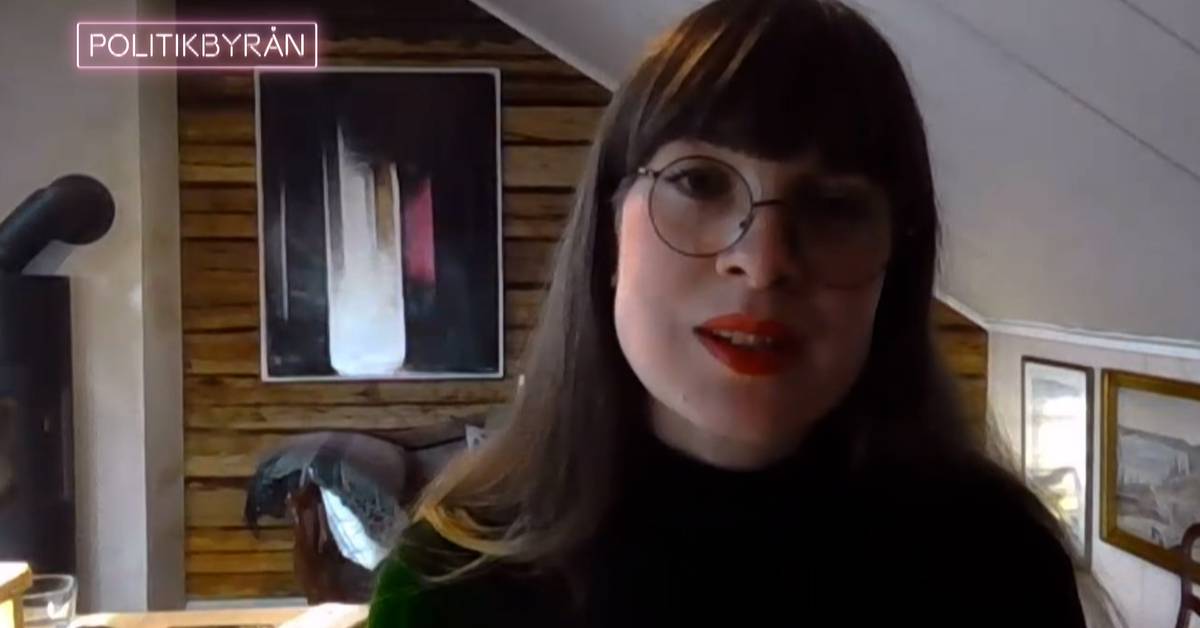From Lööf to Demirok.
On Thursday, the Center Party chooses its new party leader.
According to Matilda Molander, the election of Muharrem "Murre" Demirok is a compromise to appease the party's two phalanxes: the countryside and the big cities.
- Annie Lööf is a highly valued leader, but there are tensions within the party and a perception that it has been quite top-managed for the past ten years, she says in the program.
That Lööf has pursued a policy that was primarily aimed at metropolitan voters is supported by Anton Säll, debate and opinion editor at the Altinget.
- I think they will take great care in trying to get their rural profile back.
They are keen for it to be like before, they want to feel the pinch.
Criticism of the messages in the election
The criticism from within the party, according to Matilda Molander, has been about, among other things, that the substantive issues raised were too far removed from Swedes' everyday life.
Among other things, she mentions the election posters with the messages "Humanity, not racism" and "Men who hit should never get away".
- Everyone agrees, but that doesn't give an answer to what to do about expensive diesel prices, for example.
During the election campaign, many people stood out in the country and thought "well, is this what we are going to set up?".
"Followed what Annie pointed out"
Annie Lööf's last year was characterized by mass dropouts.
A former high-ranking C politician, with whom Politikbyrån has been in contact, believes that the party became more closed during the years of her leadership.
- It is difficult for center party members to talk to the media, hopefully this culture will change with another party leader, says the source.
The ex-politician also shares the image that the party was top-managed.
As an example, he takes Annie Lööf's decision to support Magdalena Andersson at the end of the election campaign.
- There was no discussion at all in the party.
The members lined up and followed Annie's direction.

